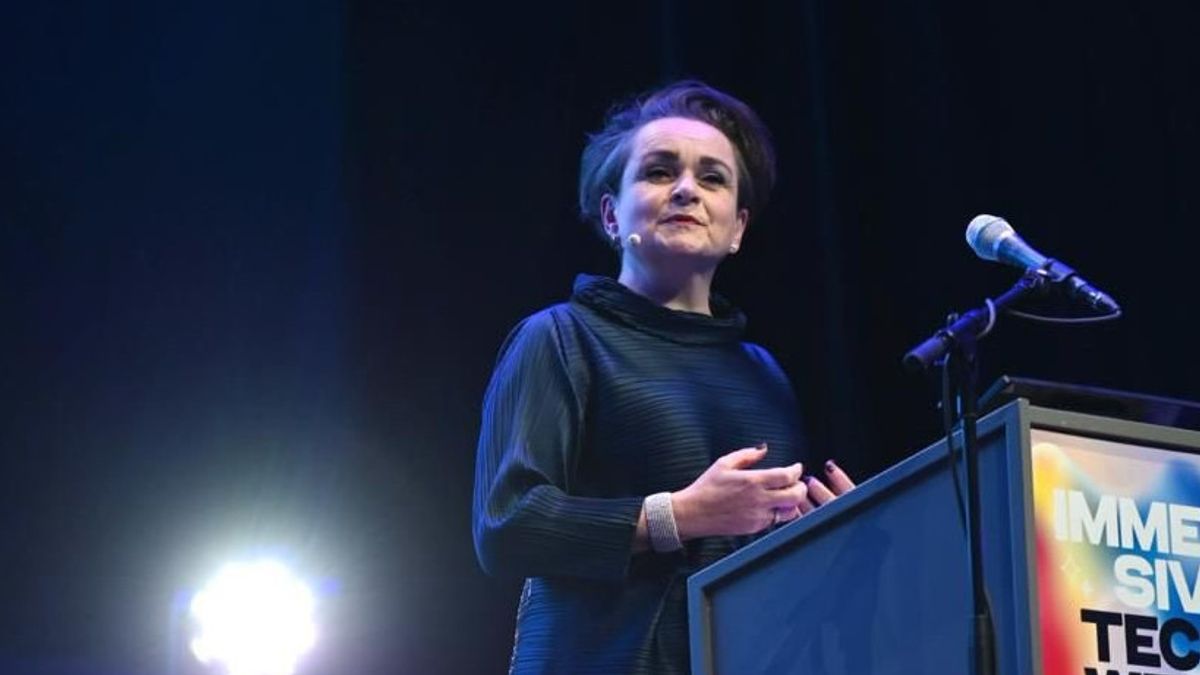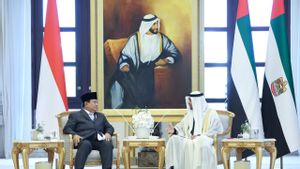JAKARTA - The ambition of the European Union to lead in setting important rules for artificial intelligence is in uncertainty when member countries and lawmakers meet on Wednesday 6 December to try to reach an agreement on biometric supervision and system regulations such as ChatGPT.
If approved, the first AI ACT of the European Union, proposed by the European Commission two years ago, could be a benchmark for countries that seek alternatives to the light US approach and China's interim rules.
The meeting between EU members and law makers will begin at 14.00 GMT and is expected to last until early Thursday, with the possibility of the best results in the form of a temporary agreement on the principles but without important details, the five people were directly involved.
The final agreement must then be agreed upon before legislation can be applied, which can open the way to become a law before the European Parliament Election in June.
However, without an agreement, AI ACT is likely to be postponed due to lack of time, so that Block 27 members loses excellence as the first actor in regulating the technology.
Alexandra van Huffelen, the Minister of Dutch digitalization, told Reuters that it was very important for the EU to find compromise, especially regarding generative AI, at the end of this year.
"The world observes us: citizens, stakeholders, NGOs, and the private sector we want to agree on meaningful laws regarding AI, including GPAI," he said, referring to the AI system of general objectives, which have various uses.
The proposed AI rules face the contradictory demands from the EU.
The two biggest demands are related to the use of AI in biometric supervision and basic models, namely generative AI such as OpenAI supported by Microsoft, which is trained with a large collection of data to carry out various tasks.
SEE ALSO:
The maker of the EU law wants to prohibit the use of AI in biometric supervision, while the government wants an exception to national security, defense, and military goals.
The final proposal by France, Germany and Italy to let the generative AI model makers regulate themselves increase uncertainty.
The EU Ambassador and Law makers held a separate preparation meeting last week, but there are still differences that can make it difficult to reach an agreement, said the people involved in the conversation, who do not want to be named because it is confidential.
An official from a large EU country said that whatever the results of this meeting, there is still a lot of work to be done.
The English, Chinese, Japanese, Arabic, and French versions are automatically generated by the AI. So there may still be inaccuracies in translating, please always see Indonesian as our main language. (system supported by DigitalSiber.id)


















